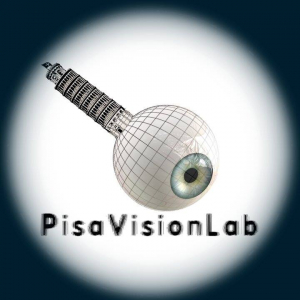41st European Conference on Visual Perception (ECVP) 2018 Trieste.
Neuro plasticity is maximal in early life, within the so called critical period, and declines with age. Besides age, cortical plasticity also depends on metabolic variables like diet, weight and physical activity. To start investigating these effects on human adult plasticity, we used Monocular Deprivation (MD), a classic paradigm for measuring plasticity in the visual system; 2 hours of MD in human adults dramatically affect the dynamics of binocular rivalry, transiently boosting the deprived eye. We measured MD twice, in a small fasting regime and after a meal (at approximately the same circadian and menstrual phase in 10 female volunteers). Preliminary data indicate that plasticity is stronger after a meal, almost twice the effect in the small fasting regime. This provides evidence for a link between metabolism and neural function not only at the level of cognitive and affective functions but also in the early
visual cortex, where the dynamics of binocular rivalry is regulated.
